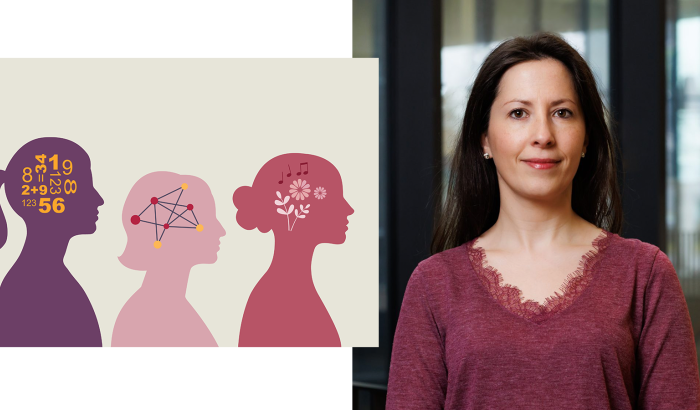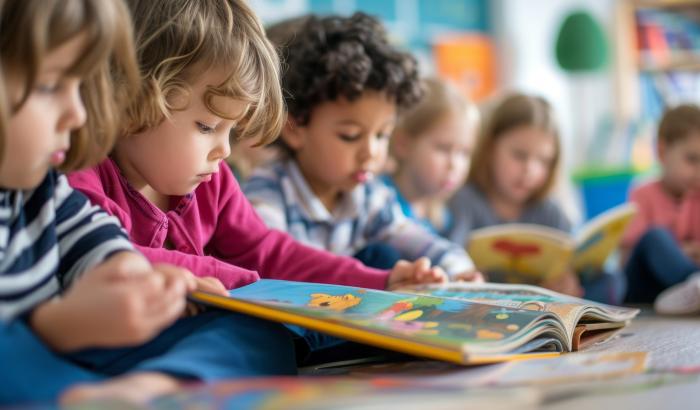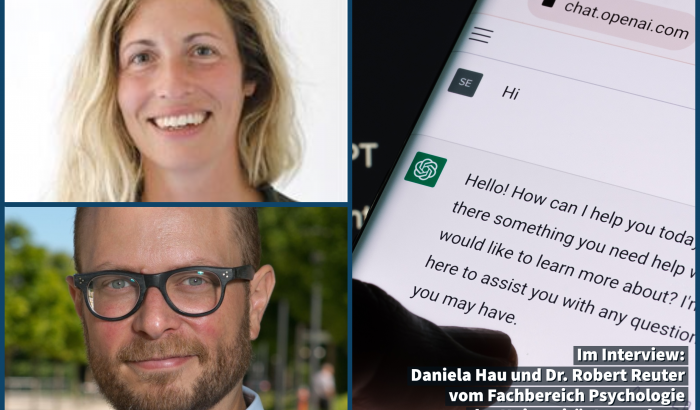
(C) Klara Elwenspoek
This article was written for the science.lu-journalism-contest 2017. Martha Elwenspoek got the 1st price for her contribution.
The fact that stress can cause psychological problems is well-known. Much less known, however, is that stressful experiences in childhood can have a lifelong impact on your physical health.
Stressful childhood experiences are more common than you may think: an estimated 40% of children worldwide are affected [1]. In Europe, a shocking one-in-four children have experienced sexual, physical, or mental abuse [2]. These children have a higher, often doubled, risk for diseases. Victims of severe childhood trauma, on average, die 20 years earlier [3].
In other words, childhood trauma poses a global health problem, which needs immediate attention. According to the World Health Organization, effective prevention and intervention programs will have “wide-ranging public health and societal benefits” [2].
But what exactly counts as a stressful childhood?
Childhood neglect and abuse are some extreme examples, but chaotic and unpredictable family situations can also be a major stress for children. To determine the level of childhood stress, researchers typically count the number of boxes you can tick, e.g. growing up with a parent that is in prison or mentally ill, witnessing domestic violence, parental divorce, or losing both parents.
How can a stressful childhood cause disease?
A stressful childhood weakens your immune system. And this may explain the increased risk of diseases – such as heart disease and diabetes type 2 – later in life.
A balanced immune system is vital to stay healthy. The immune system acts as your own personal army of immune cells defending the body against invasions of harmful bacteria and viruses. When this army fails to respond quickly and efficiently, you fall ill. But that doesn’t mean that an overactive army protects you from all diseases. On the contrary, overactive immune cells might start attacking harmless invaders or turn against your own cells, causing either allergies or autoimmune diseases. This fine balance appears to be disrupted by childhood stress.
What happens to the immune system after childhood stress?
Two major changes have been observed. Firstly, levels of inflammation are increased, suggesting a constant activation of the immune system. Inflammation is a normal response dedicated to kill bacteria. However, in the absence of an infection, inflammation is undesirable and can damage healthy tissues. Secondly, childhood stress appears to accelerate the normal rate of immune aging. Unsurprisingly, an aged immune system is less able to fight infections or other diseases.
How can childhood experiences have such long-term effects on the immune system?
Even in adulthood, stressful experiences can cause inflammation and accelerate immune aging, but these effects seem to be largely reversible. In childhood, our brain and immune system are still developing; stressful events can interfere in normal development and thereby have a lasting impact. Indeed, experts claim that childhood trauma can cause small changes in the brain that make us less able to deal with stress. As a consequence, negative experiences will have a higher impact on people with a stressful childhood than on others.
Can we reverse the effects of childhood stress on the immune system?
Interventions that aim to reduce stress are particularly promising. One study found that a 3-month meditation retreat slowed down immune aging in healthy adults4, and so did a mindfulness-based stress reduction program in overweight women5. Tai Chi, meditation, and yoga have been shown to reduce inflammation in adults, and were especially effective in people with pre-existing health conditions, such as heart failure or cancer6. However, these therapies were never tested in people with childhood trauma. Researchers have yet to prove that these interventions can indeed prevent the development of diseases.
Want to know more?
A research team of the Department of Infection and Immunity at the Luxembourg Institute of Health focuses specifically on how early life environment programs both stress and immune systems. For more in depth information about the long-term effect of childhood stress on the immune system, see their recent literature review published in the scientific journal Psychoneuroendocrinology [7].
About Martha Elwenspoek

I am a PhD student at the Department of Infection and Immunity at the Luxembourg Institute of Health. Before starting my PhD, I studied biomedical sciences in the Netherlands and in Germany. My research now focuses on the effects of early life adversity on the immune system. My project is part of a larger international cohort study called EpiPath, which –in collaboration with the University of Trier and Luxembourg – investigates the underlying mechanisms of the link between early life adversity and certain diseases.
Author : Martha Elwenspoek
Photo : (C) Klara Elwenspoek
science.lu-Journalism-Contest
science.lu launched a science-journalism-contest for researchers in order to promote science communication among the research community. Here are the winners of 2017:
1st price: Barbara Glaser for her article "Farbenprächtige Überschwemmungsgebiete: Wie Wärmebilder zu einem verbesserten Hochwassermanagement beitragen können" and Martha Elwenspoek
2nd price: Alessandro Decarli for his article "Attachment between parents and children: From the cradle to ... parenthood"
3rd price: Christophe Theiß for his article "McGyver-Wëssenschaft: Eng Kaffiskan als Detektor fir Weltraum-Deelercher"
Bibliography
1. Kessler, R.C., McLaughlin, K.A., Green, J.G., Gruber, M.J., Sampson, N.A., Zaslavsky, A.M., Aguilar-Gaxiola, S., Alhamzawi, A.O., Alonso, J., Angermeyer, M., Benjet, C., Bromet, E., Chatterji, S., de Girolamo, G., Demyttenaere, K., Fayyad, J., Florescu, S., Gal, G., Gureje, O., Haro, J.M., Hu, C.Y., Karam, E.G., Kawakami, N., Lee, S., Lepine, J.P., Ormel, J., Posada-Villa, J., Sagar, R., Tsang, A., Ustun, T.B., Vassilev, S., Viana, M.C., Williams, D.R., 2010. Childhood adversities and adult psychopathology in the WHO World Mental Health Surveys. Br J Psychiatry 197, 378-385.
2. Sethi, D., Bellis, M., Hughes, K., Gilbert, R., Mitis, F., Galea, G., 2013. European report on preventing child maltreatment. WHO. ISBN 978 92 890 0028 4
3. Brown, D.W., Anda, R.F., Tiemeier, H., Felitti, V.J., Edwards, V.J., Croft, J.B., Giles, W.H., 2009. Adverse childhood experiences and the risk of premature mortality. Am J Prev Med 37(5), 389-96.
4. Jacobs, T.L., Epel, E.S., Lin, J., Blackburn, E.H., Wolkowitz, O.M., Bridwell, D.A., Zanesco, A.P., Aichele, S.R., Sahdra, B.K., MacLean, K.A., King, B.G., Shaver, P.R., Rosenberg, E.L., Ferrer, E., Wallace, B.A., Saron, C.D., 2011. Intensive meditation training, immune cell telomerase activity, and psychological mediators. Psychoneuroendocrinology 36, 664-681.
5. Daubenmier, J., Lin, J., Blackburn, E., Hecht, F.M., Kristeller, J., Maninger, N., Kuwata, M., Bacchetti, P., Havel, P.J., Epel, E., 2012. Changes in stress, eating, and metabolic factors are related to changes in telomerase activity in a randomized mindfulness intervention pilot study. Psychoneuroendocrinology 37, 917-928.
6. Bower, J.E., Irwin, M.R., 2016. Mind-body therapies and control of inflammatory biology: A descriptive review. Brain Behav Immun 51, 1-11.
7. Elwenspoek, M.M.C., Kuehn, A., Muller, C.P., Turner, J.D., 2017. The effects of early life adversity on the immune system. Psychoneuroendocrinology 82, 140-154.







